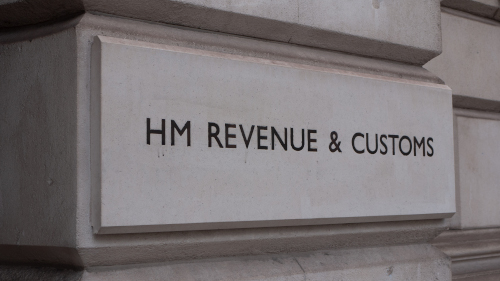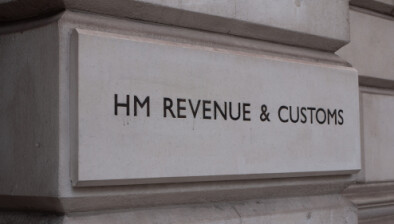HMRC to cut most taxpayer letters in £50m saving plan

HMRC has revealed plans to to eliminate most outbound post to taxpayers as part of a significant cost-cutting measure aimed at saving £50 million by the end of the current Parliament.
Under the new plans, the tax authority will cease sending all letters except for those that directly generate revenue, such as tax demands.
The move, confirmed in the UK government’s recent spending review, is part of a wider strategy to transition HMRC into a “digital first” organisation, with a target of handling 90% of taxpayer interactions online, supported by artificial intelligence. Proponents argue that digital services are more convenient, productive, and cost-effective.
However, the decision has drawn sharp criticism from tax advisers and advocacy groups, who warn that the move could alienate and disadvantage less tech-savvy individuals. Critics are concerned that a drastic reduction in physical correspondence could lead to taxpayers, particularly the elderly and those without digital access, missing crucial communications regarding their tax affairs, including changes to tax codes and information about potential refunds.
Antonia Stokes of the Low Incomes Tax Reform Group cautioned that the plan must be handled with care.
She said: “If important correspondence is delivered to online accounts which taxpayers are not able to access, it could lead to tax obligations being missed, taxpayer confusion and ultimately an erosion of trust in HMRC.”
She urged the tax body to proceed cautiously to ensure no one is left behind.
Echoing these concerns, Sean McCann of NFU Mutual raised the possibility that fewer people might claim tax refunds they are owed. “It appears HMRC won’t write to you unless you owe them money,” he noted, highlighting the potential barrier for those without reliable internet access.
While HMRC has stated that letters for “digitally excluded customers” will continue, professional bodies like the Institute of Chartered Accountants in England and Wales have previously advised that traditional phone and postal services must be properly maintained during the digital transition.
This cost-cutting initiative comes as HMRC faces scrutiny over its customer service levels, including long delays in responding to letters and lengthy call waiting times.





